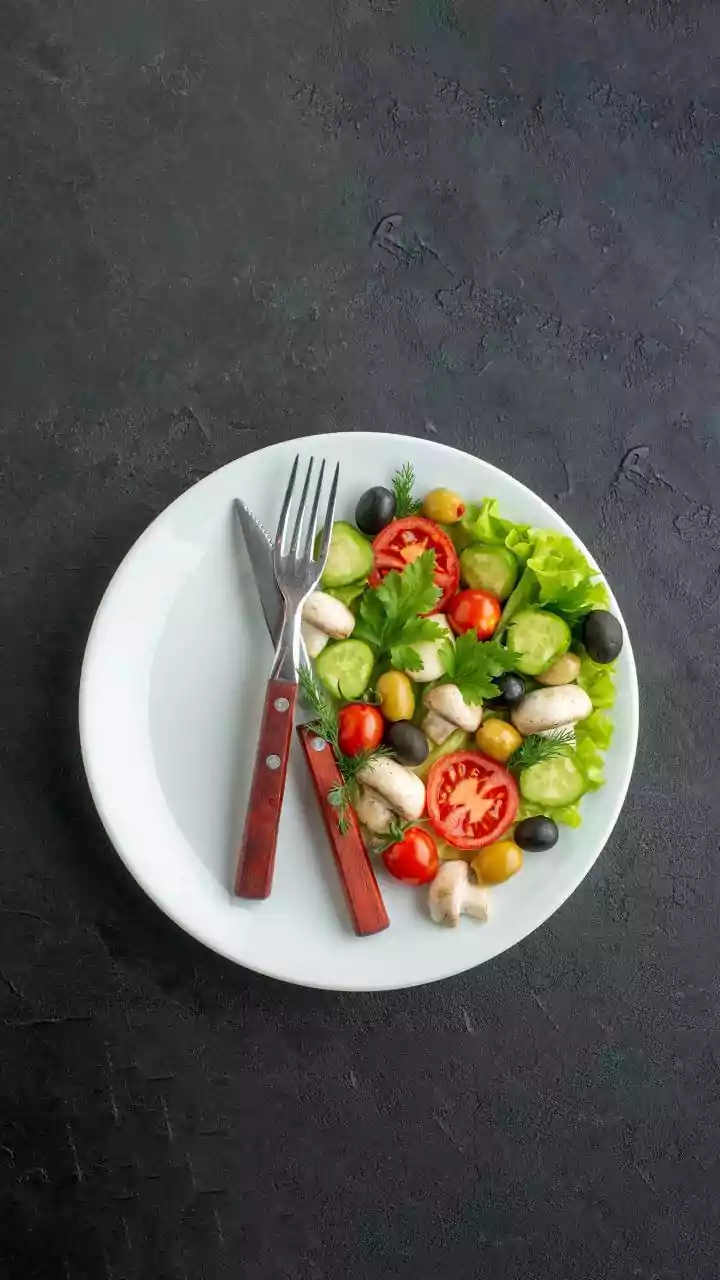Mindful Salt Intake
One of the most effective strategies for managing blood pressure involves carefully monitoring your salt consumption. Experts suggest keeping your daily
sodium intake below 1,500 mg. This can be achieved by reading food labels meticulously, opting for fresh, unprocessed foods whenever possible, and being mindful when dining out. Preparing your own meals allows you to control the amount of salt added. Flavoring your food with herbs, spices, and other seasonings, rather than relying on salt, is another great tip. By implementing these practices, you can make a noticeable improvement in your blood pressure levels and your overall cardiovascular health, potentially reducing the risk of hypertension and related complications.
Embrace Potassium Power
Potassium is an essential mineral that significantly contributes to maintaining healthy blood pressure levels. This 'magic' mineral counteracts the effects of sodium in the body, promoting a balanced internal environment. Incorporating potassium-rich foods into your diet is a simple yet effective way to support your cardiovascular health. Some excellent sources include bananas, sweet potatoes, spinach, and beans. Increasing your potassium intake can help reduce blood pressure and decrease the risk of heart disease and stroke. Making conscious choices to include these foods in your meals can have a noticeable and positive impact on your blood pressure management strategy and enhance your overall well-being.
Prioritize a Healthy Diet
Making dietary adjustments is a cornerstone of managing blood pressure. Cardiologists often recommend following a heart-healthy diet. This typically involves emphasizing fruits, vegetables, whole grains, and lean proteins, while limiting saturated and trans fats, added sugars, and processed foods. The DASH (Dietary Approaches to Stop Hypertension) diet, a well-researched eating plan, is specifically designed to reduce blood pressure. It focuses on these nutritional principles and has been shown to be very effective. By adopting a well-balanced dietary approach, individuals can proactively support their cardiovascular health, decreasing the need for medication and diminishing their risk of hypertension-related issues.
Regular Physical Exercise
Regular physical activity is a crucial component of a lifestyle designed to manage and reduce blood pressure. Exercise helps improve cardiovascular health and can help bring down blood pressure levels. The ideal exercise routine includes a mix of aerobic exercises such as brisk walking, running, swimming, or cycling, and strength training. Aim for at least 150 minutes of moderate-intensity exercise per week, spreading it throughout the week for optimal results. It is important to find activities you enjoy, making it easier to stay consistent with your exercise plan. Consulting your doctor before starting any new exercise program is always a good idea, particularly if you have existing health conditions. Consistent physical activity not only benefits blood pressure but also improves overall health and well-being, enhancing both physical and mental states.
Confront Stress Effectively
Chronic stress can silently harm your health and contribute to elevated blood pressure. Learning effective stress management techniques is thus essential. Incorporate relaxation practices such as meditation, deep breathing exercises, or yoga into your daily routine. Prioritize adequate sleep, aim for 7-8 hours per night, as sleep deprivation can increase stress levels. Engaging in hobbies, spending time in nature, or connecting with loved ones are excellent ways to manage stress. Identifying and avoiding stressful situations when possible, or developing coping mechanisms, will also prove beneficial. By implementing these strategies, you can reduce the impact of stress on your health, maintain healthy blood pressure levels, and improve overall well-being. This proactive approach supports a balanced lifestyle and a healthier heart.
Medications If Needed
While lifestyle changes are often very effective, in some instances, medication may be necessary to manage blood pressure effectively. If lifestyle modifications alone do not sufficiently lower blood pressure, or if your doctor recommends medication, it is important to take your prescribed medicines as directed. Never alter your dosage or discontinue medication without consulting your doctor. Regular check-ups and monitoring by your healthcare provider are essential to ensure the medication is working effectively and to monitor any potential side effects. A healthcare professional can adjust dosages and suggest alternative approaches as needed, based on individual responses. Adhering to your medication regimen, alongside adopting healthy lifestyle habits, is essential to attaining optimal blood pressure management and preventing related health complications.



















